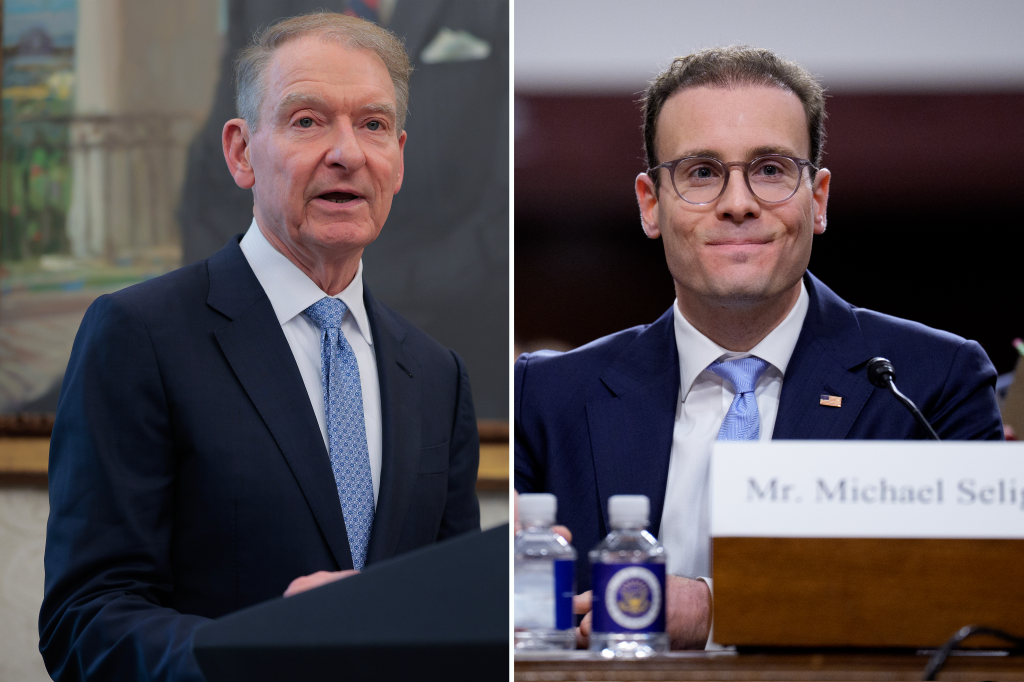On Sunday, the WSJ published an op-ed written by two U.S. senators, John Kennedy (R-LA) and Chris Van Hollen (D-MD), in which they explain the significance of their proposed legislation designed to close a loophole connected to foreign companies and insider trading.
Their bill is called the Holding Foreign
Register for free to keep reading
To continue reading this article and unlock full access to GRIP, register now. You’ll enjoy free access to all content until our subscription service launches in early 2026.
- Unlimited access to industry insights
- Stay on top of key rules and regulatory changes with our Rules Navigator
- Ad-free experience with no distractions
- Regular podcasts from trusted external experts
- Fresh compliance and regulatory content every day













